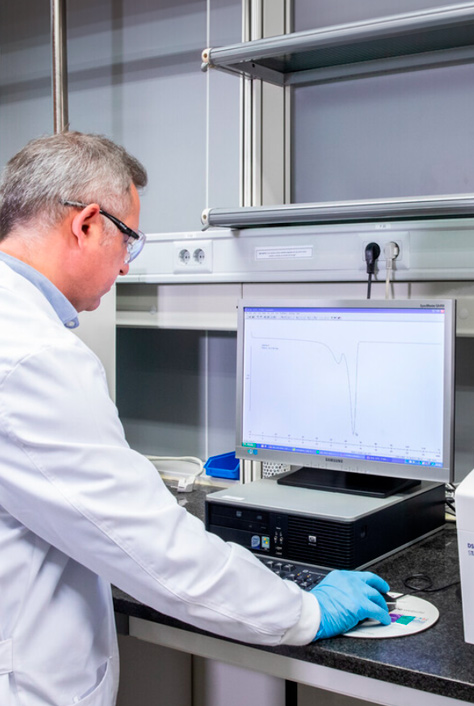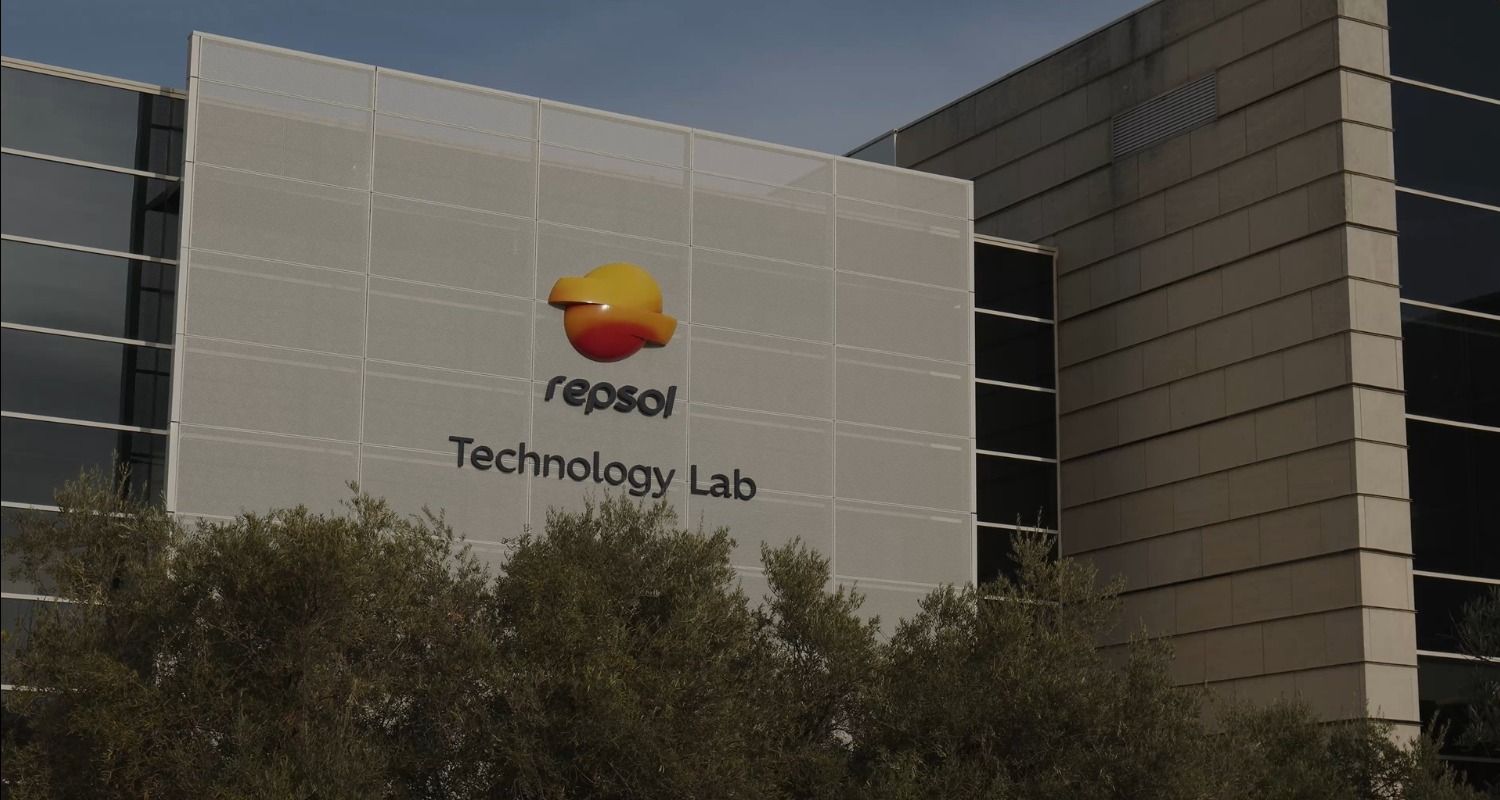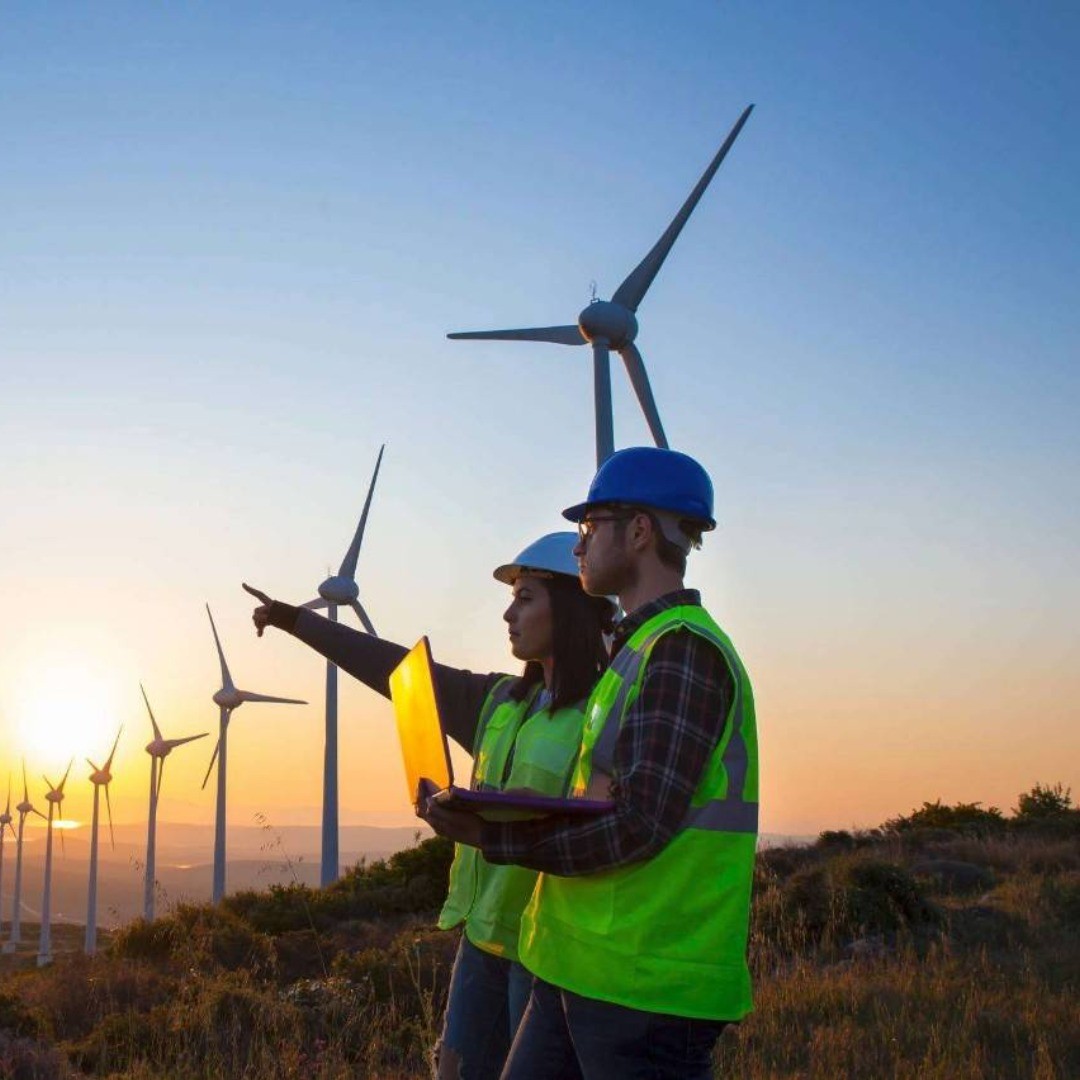
Innovation
We drive the energy transition through innovation
Digitalization and technology, keys for a decarbonized world
We work on pioneering energy solutions that help us to transform the current energy model.



First center in Europe to have the "HR Excellence in Research" seal
First center in Europe to have the "HR Excellence in Research" seal
Repsol Technology Lab is the first research center of a private company to receive the European "HR Excellence in Research" certification, awarded by the European Commission. The recognition highlights our commitment to a human resources strategy that promotes a favorable working environment for researchers.
Other innovation projects
We have joined the European Economic Area-Grants projects to improve the environment and fight against climate change.
Discover more about us
Learn how our strategy helps us grow and evolve as a company. Discover how to be part of our team.
Updated as of January 2026


-lpr.jpg)
